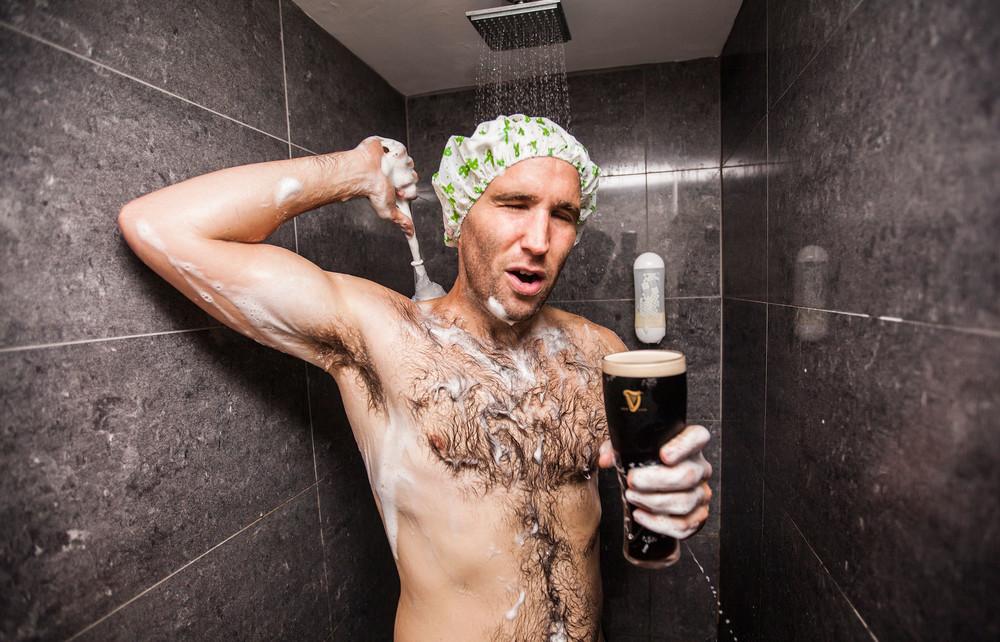
Image by Sarah MacReading
There’s no shortage of associations to be made between doing a bunch of drugs and dying—whether it’s from overdose, suicide, or the murky thing in between. But a study released this week by researchers at Brown University put some concrete numbers behind the phenomenon, finding that people who abused both alcohol and cocaine were 2.4 times more likely to kill themselves than other people with suicidal tendencies.
The study, funded by the National Institutes of Mental Health, tracked 874 men and women around the US who admitted themselves to one of eight targeted emergency rooms. All had either previously attempted suicide or were having suicidal thoughts at the time of their ER visit, when they were approached by researchers stationed there. During the following year, 195 of them tried to take their own lives at least once. And although many of the people in the study misused alcohol or a variety of other drugs (including cocaine, marijuana, prescription pain meds, tranquilizers, and stimulants), those who used cocaine and alcohol together were far more likely to try suicide.
Videos by VICE
The reasonable next question is, of course: What is it about this combination that inspires people to end their lives? And why is it cocaine in combination with booze, and not either substance alone (or, say, painkillers plus booze, or any other combination, for that matter)? The answer, as of now, is a mystery. Some headlines about the study have implied that cocaine + booze actually causes suicidality, but that’s far from established. “It’s sexy but scientifically inaccurate to leap right into a conclusion like ‘these drugs are bad’,” Joseph Lee, MD, medical director of the Hazelden Betty Ford Foundation Youth Continuum and an expert in substance abuse and addiction, told VICE. Sure, there are plenty of good reasons not to abuse booze and coke together, but the take-home message is not: Doing too many bumps after having too many beers will increase your risk of suicide.
Instead, the responsible thing to conclude is only that for some as-yet unknown reason, people who have a history of doing too many toots after too many beers also tend to be suicidal. There could easily be some other factor—some invisible third detail about this group—that drives them to be both cocaine/alcohol abusers and suicidal. To Lee, the important message here, and one that often gets lost in the dialogue about drugs, is a predictive one. It’s about identifying the groups of people who are most at risk, so that everyone from hospital workers to worried friends can better know what the red flags are.
“The takeaway should be that we need further research to better identify high-risk groups,” Lee said, “and to understand what is it about these particular people that makes them more likely to use this combination, and in turn what makes them more likely to commit suicide.”
More
From VICE
-

-

Drinking in the shower is maybe not great according to science. -

